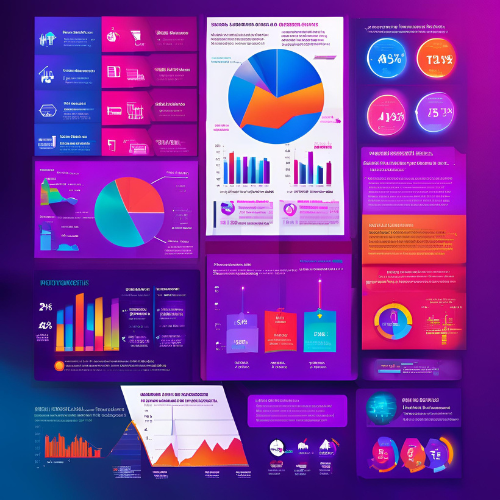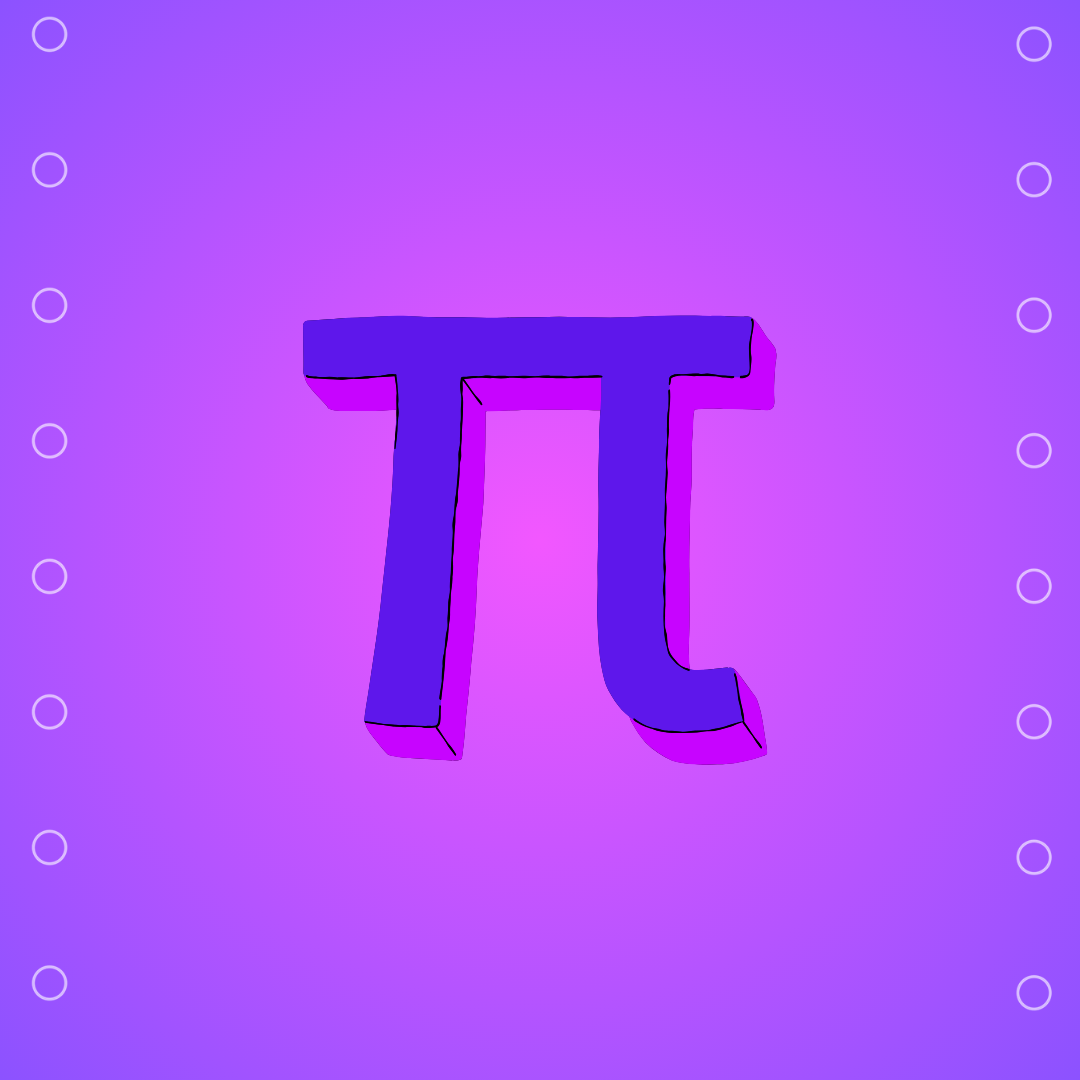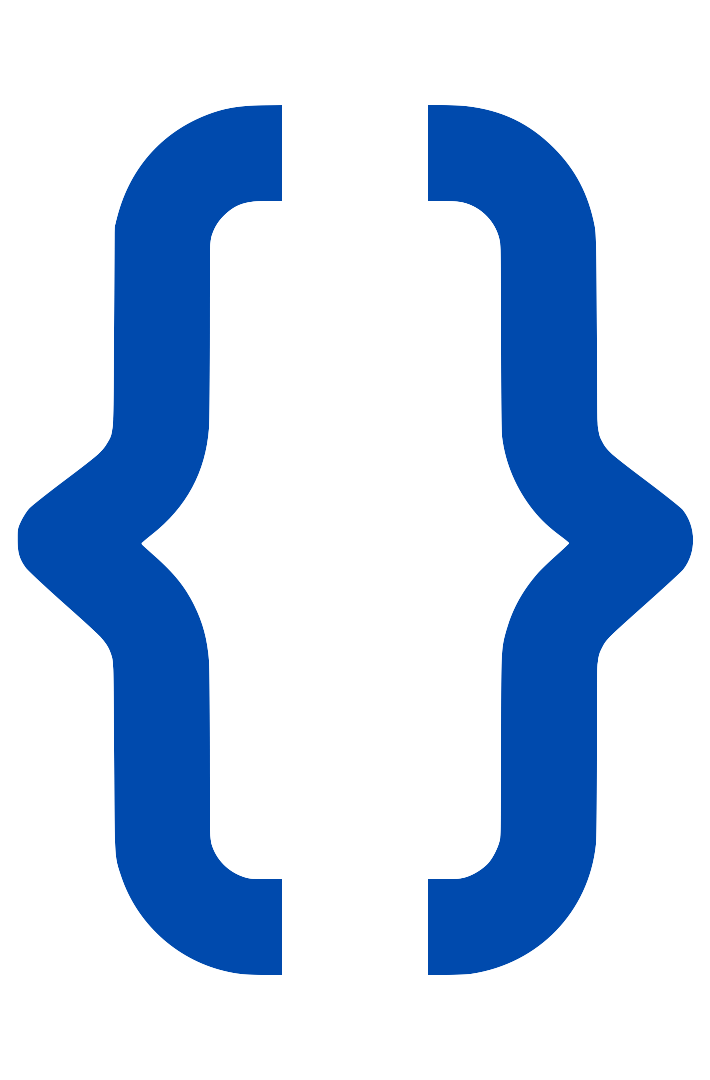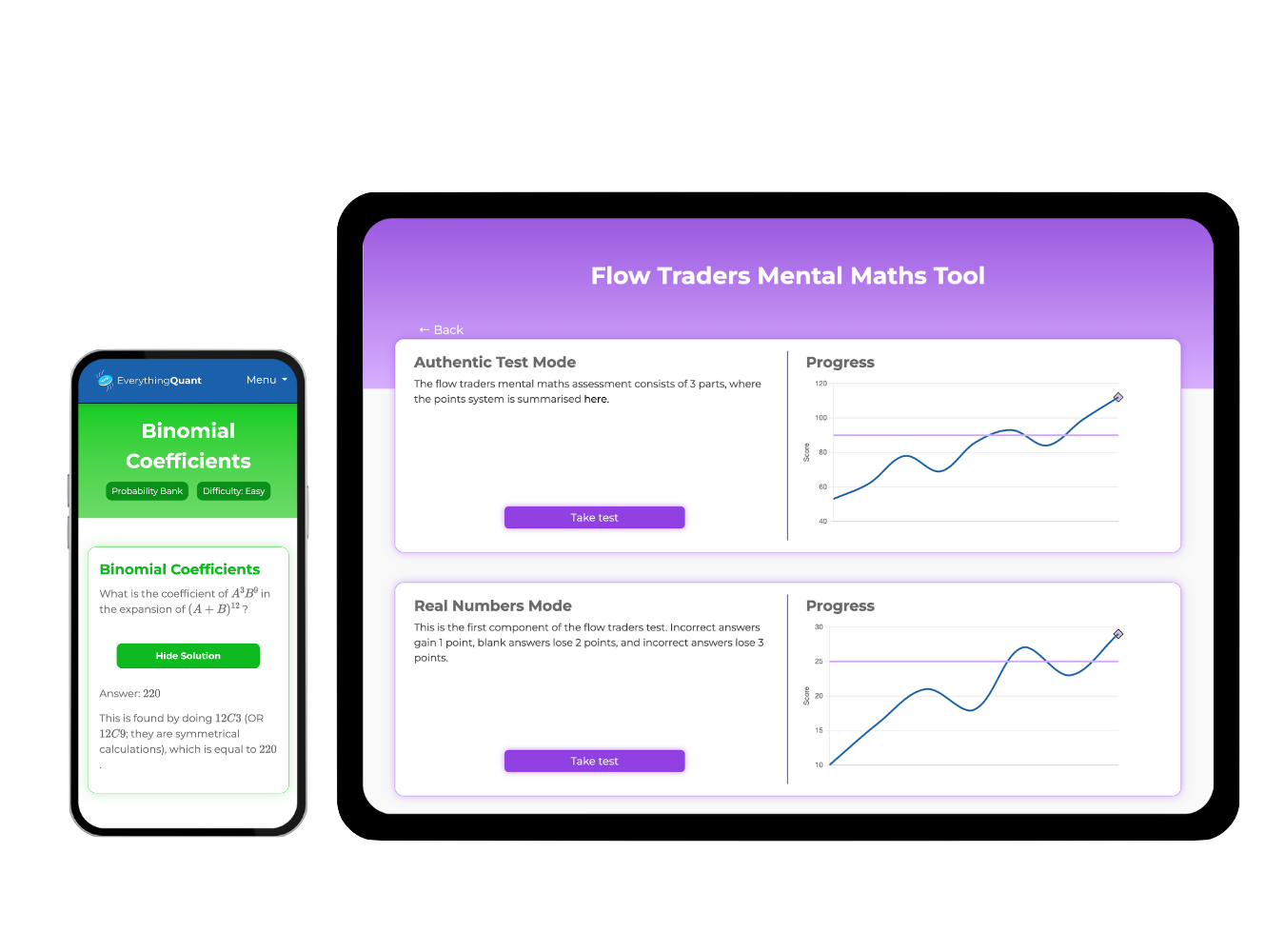Every University Class You Should Take for Quantitative Finance
In this article, we will take you through the classes you should take to break into specific domains in quantitative finance.

Introduction
Quantitative finance is highly competitive, demanding a blend of mathematical, computational, and financial expertise. Therefore, it is important that you choose the right classes at university, for the specific role you would like to pursue as a graduate quantitative finance progressional.
As such, we have outlined what classes at university will be most beneficial to take for each quantitative role.
Quantitative Trader
To excel as a quantitative trader, it is essential to have a strong foundation in mathematics, statistics, and computational methods. A blend of these courses will equip you with the skills needed to develop sophisticated trading algorithms, analyze financial markets, and optimize strategies in real-time. The following courses will help optimize your chances of breaking into the field:
Calculus and Linear Algebra I - III
Calculus and linear algebra are the foundation of mathematics for understanding and modelling financial instruments, optimising trading strategies, and investigating market dynamics.
Applied Mathematical Analysis
Mathematical analysis goes deep into the theoretical underpinnings of calculus. This is essential for rigorous model development and analysis of complex financial systems.
Mathematical Probability
Understanding probability theory and distributions is imperative for understanding the mathematical uncertainties associated with financial markets. This class allows you to understand and develop probabilistic trading systems.
Advanced Statistics
Statistics are the key to measuring success of strategies quantitatively, through validating trading models. Having a good understanding of statistics is imperative for making data-driven trading decisions.
Probability Models and Stochastic Processes
Stochastic processes build on mathematical probability, and are critical for modelling the random behaviour of financial markets, essential for pricing derivatives and managing risk.
(Computation in) Financial Mathematics
Financial mathematics is a great course that bridges the gap between mathematical theory and practical financial applications, covering topics like derivative pricing and risk management.
Basic Programming + Machine Learning
Programming skills are essential for implementing trading algorithms and automating trading strategies, and machine learning allows for the development of predictive models.
Quantitative Researcher
Quantitative researchers focus on developing models, theories, and strategies to advance the understanding of financial markets. While many of the same mathematical and computational tools are needed for this role, there are additional areas of focus, including econometrics and advanced data science techniques. The following courses will help you build the necessary skillset:
Econometrics and Time-Series Analysis
Understanding mathematical methods associated with the economy, and time-series analysis, provide the tools to analyse economic and financial data over time, enabling the development of predictive models for market behaviour.
Deep Learning
Deep learning techniques allow for the analysis of very large datasets, and extraction of non-linear patterns. This is very useful tool in modern quant research.
Introduction to Data Science
This course gives a broad view of data analysis, data manipulation, and data visualization. All of which are very important within a research career.
Projects/Thesis
As a quant research applicant, you must prove your ability to conduct real-world research. We recommend choosing from our projects list.
Quantitative Developer
Quantitative developers focus on the programming side of the financial industry, building the systems and infrastructure necessary for trading algorithms, risk analysis, and quantitative research. You must be proficient in multiple programming languages and understand how software is applied in a quantitative finance context. The following courses will give you the necessary technical expertise:
Advanced programming (Java, C++, Python etc)
Proficiency in these languages, with OOP knowledge, is essential for building robust and efficient financial software.
Data Structures and Algorithms
Knowing the intricacies of data structures and algorithms allows for efficiency, a very important component of quantitative finance and high-frequency trading.
Software Architecture
Understanding software architecture enables the design of complex financial systems that can handle large volumes of data and transactions.
Computer System Design and architecture
Systems design and architecture provides proficient understanding in computer systems, which is essential for optimizing performance and reliability of trading strategies and systems.
Functional and Logic Programming
These paradigms are very useful for several types of financial computation, and model implementation.
Machine Learning
Machine learning knowledge is useful for implementing machine learning models within financial software.
Networking, Compilers, operating systems, computing hardware
These subjects give deep knowledge of how computers function, and can allow for the creation of extremely optimized code.
Hardware Engineer
While not directly involved in the financial modeling process, hardware engineers play a vital role in designing the infrastructure necessary for efficient and reliable quantitative finance applications. Their work ensures that computing systems are optimized for large-scale, high-performance tasks. The following courses will help you understand the necessary technical components:
Introduction to Electrical Systems
This provides the fundamentals required to understand electrical circuits, and hardware design.
Computer System Design and architecture
Systems design and architecture is important for understanding how computers are built at a hardware level.
Embedded Systems Design and Interfacing
Embedded systems are useful in the creation of hardware that interfaces with computers in quantitative finance settings.
FPGA Engineering
FPGA knowledge allows for the creation of very fast custom hardware, used in high frequency trading.
Electromagnetic Fields and Waves
This knowledge is useful for designing hardware that interacts with electromagnetic signals and is used in certain types of trading hardware.
Risk Analyst
Risk analysts in quantitative finance need to apply many of the same mathematical and computational skills as other quantitative professionals, with a focus on assessing, modelling, and mitigating financial risks. Here's a list of the most relevant classes for those interested in this field:
Financial Modelling (i.e. Market Risk Modelling, credit risk)
Financial modelling courses provide the tools to develop and analyse financial models for risk assessment and management.
Risk Assessment and Decision Analysis
This course focuses on the principles and techniques for evaluating and managing risk in financial decision-making.
Probability Models and Stochastic Processes
These courses are critical for modelling the random behaviour of financial markets, essential for risk management.
Interview Preparation
Due to the immense competition, studying these classes simply is not enough - you must demonstrate your proficiency within gruelling interviews.
To aid in your preparation, we have a range of interview preparation resources, including 200+ interview questions, 25 online assessment tools, 15+ interview guides specific to quantitative firms, 6 courses designed for landing quantitative finance roles, and our simulated algorithmic exchanges.
Closing Remarks
Quantitative finance requires a range of professionals with different skillsets, working together collaboratively and in unity, to solve intriguing market problems. If you are interested in breaking into any position, we have a range of interview resources for you to practice optimally in break into quantitative finance!
We hope you found this guide helpful! :)




























